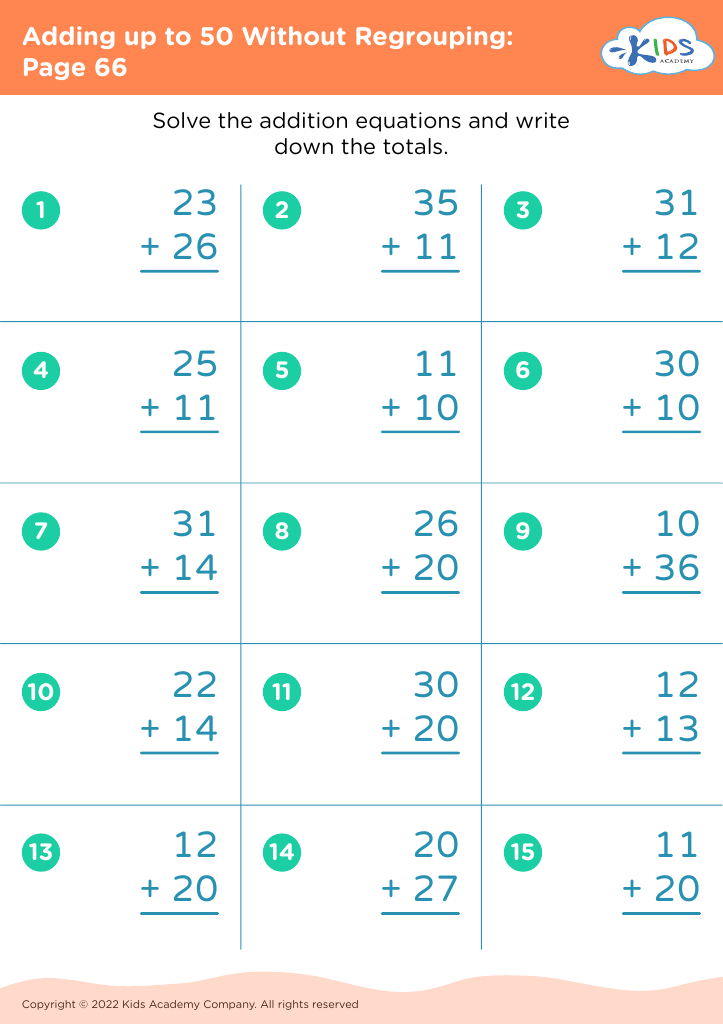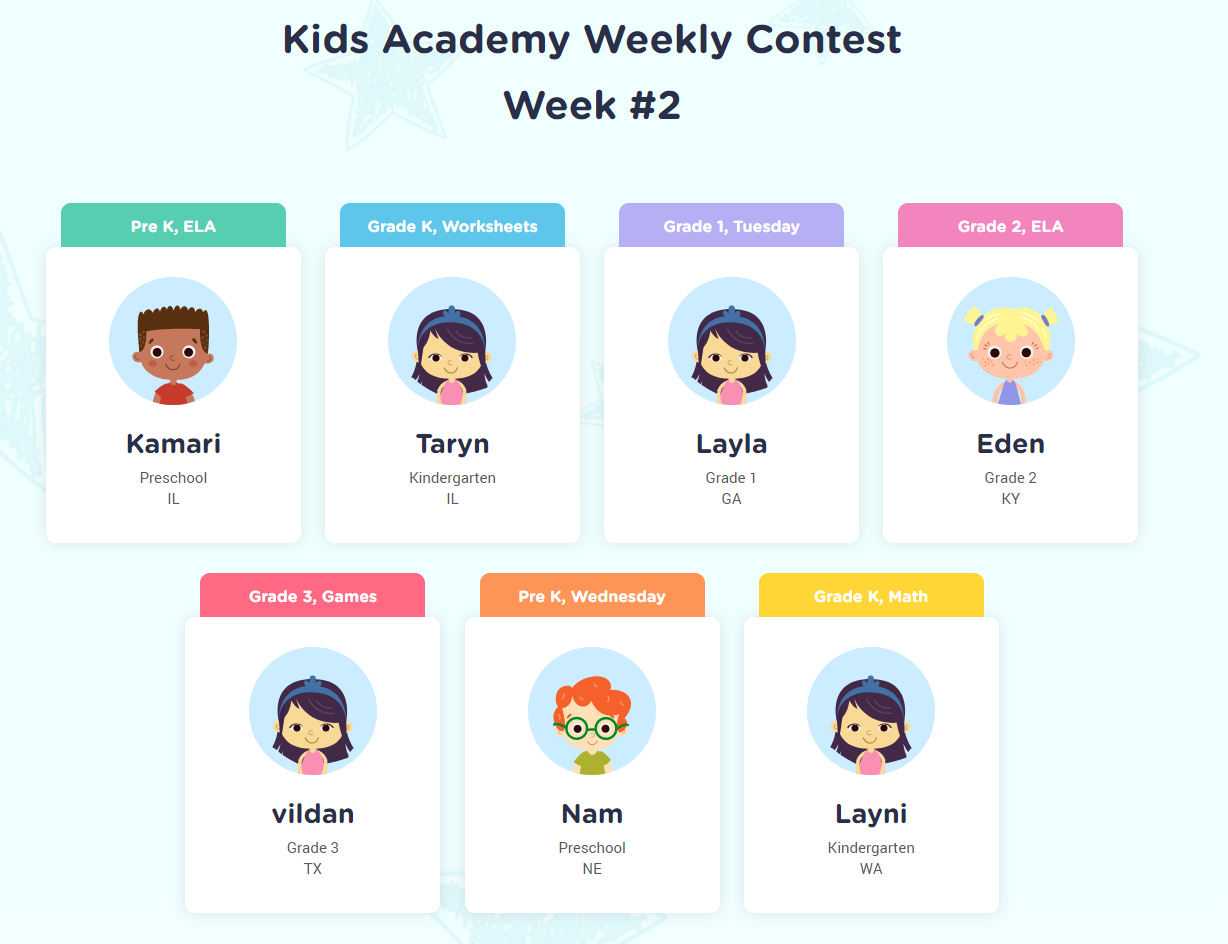Practice division Math Worksheets for 8-Year-Olds
3 filtered results
-
From - To
Help your 8-year-old master division with our engaging practice worksheets! Designed specifically for young learners, these worksheets simplify complex division concepts, making them fun and accessible. With a variety of problems, from basic division facts to word problems, students will enhance their skills and boost their confidence in mathematics. Our printable resources cater to different learning styles, ensuring every child can grasp division at their own pace. Featuring colorful illustrations and attractive layouts, these worksheets keep your child motivated as they explore the world of division. Download now and watch your child's division skills shine!
Practicing division is essential for 8-year-olds, as it forms a foundation for more complex mathematical concepts. At this age, children are transitioning from basic arithmetic to more advanced problem-solving skills. Division is not just about numbers; it's about understanding the concept of equal sharing and grouping, which can help them grasp real-world scenarios.
When parents and teachers emphasize division practice, they equip children with critical thinking abilities needed for higher math functions, such as multiplication and fractions. Mastering division through regular practice enhances their confidence in math and supports their academic success.
Moreover, division skills are vital in many everyday situations, such as dividing snacks among friends or understanding time management. Encouraging practice also promotes perseverance, as children learn to tackle and solve problems independently.
Additionally, collaborative activities involving division, such as math games or group projects, can foster social skills and teamwork. Engaging in division practice not only hones mathematical skills but also nurtures a love for learning. Therefore, it is crucial for parents and teachers to support and reinforce these skills, ensuring that children develop a solid mathematical foundation they can build upon in the future.
























